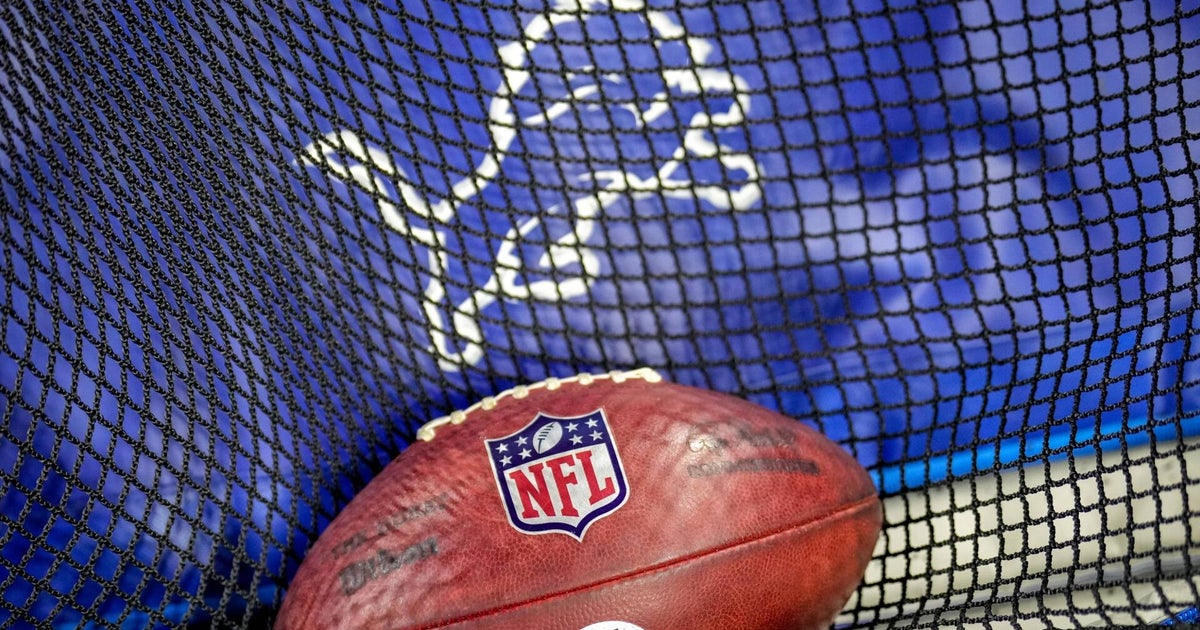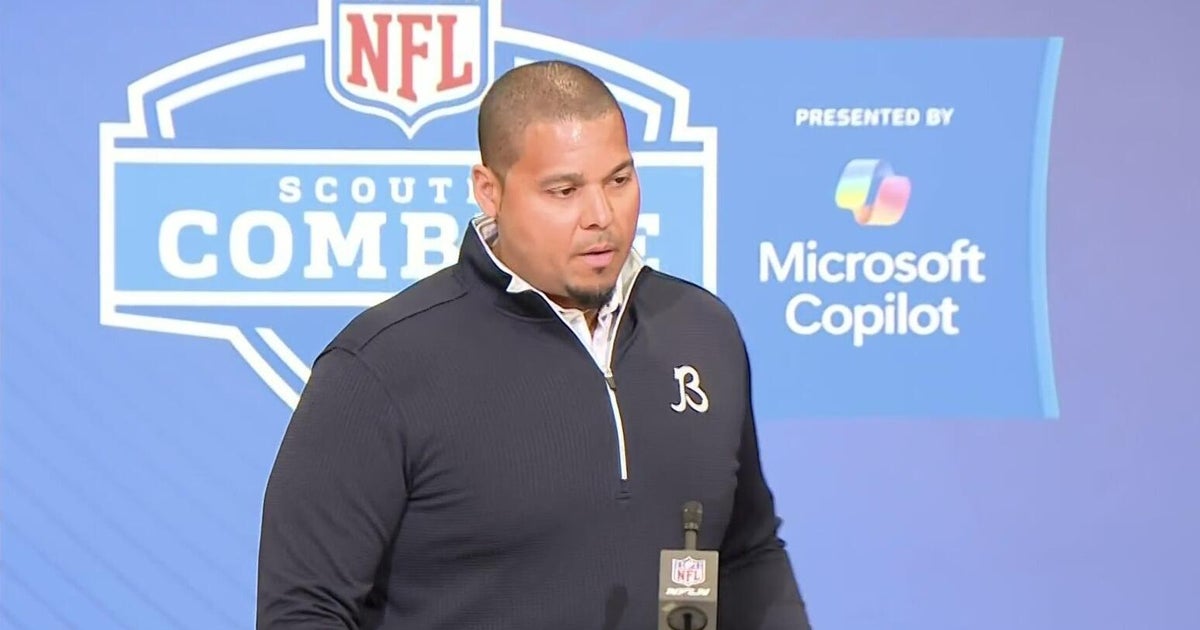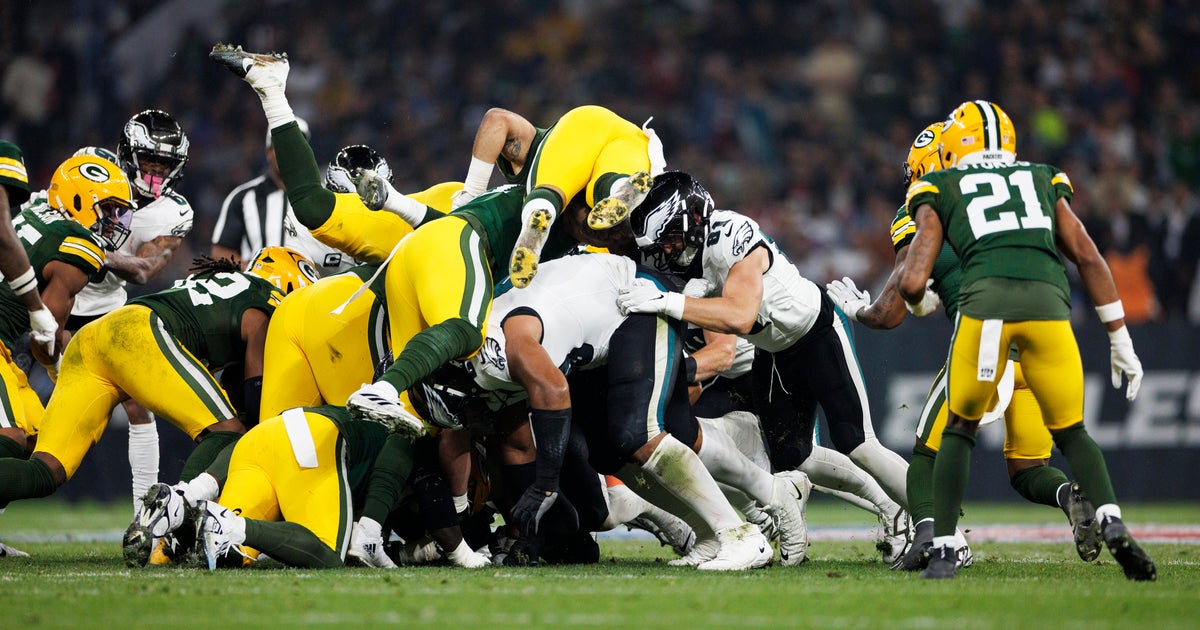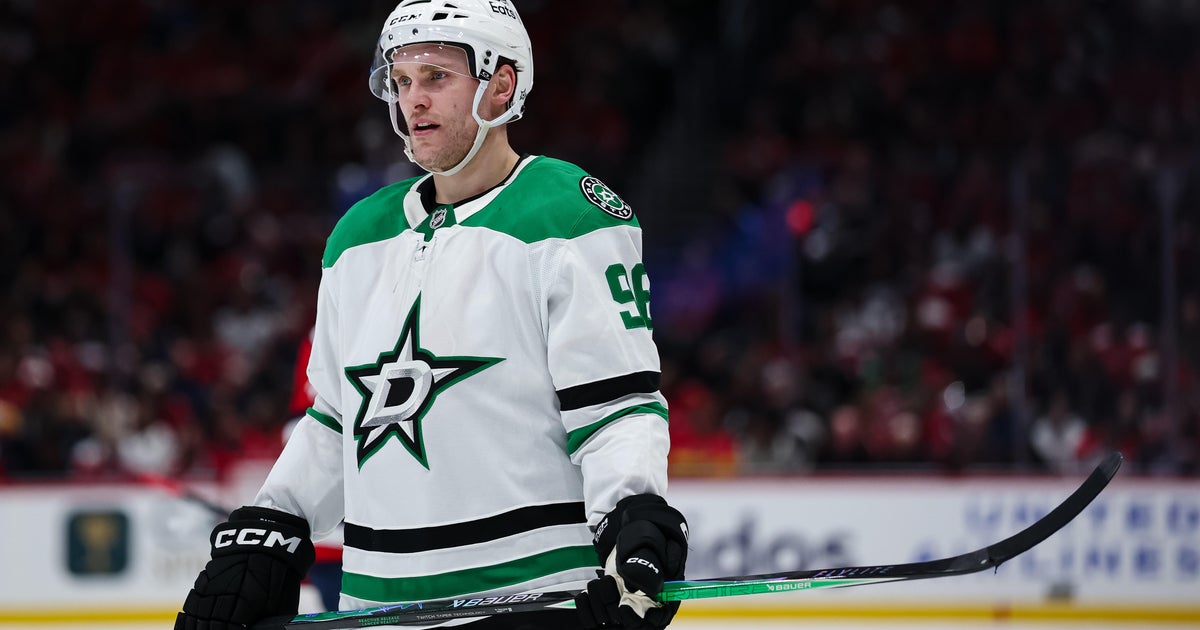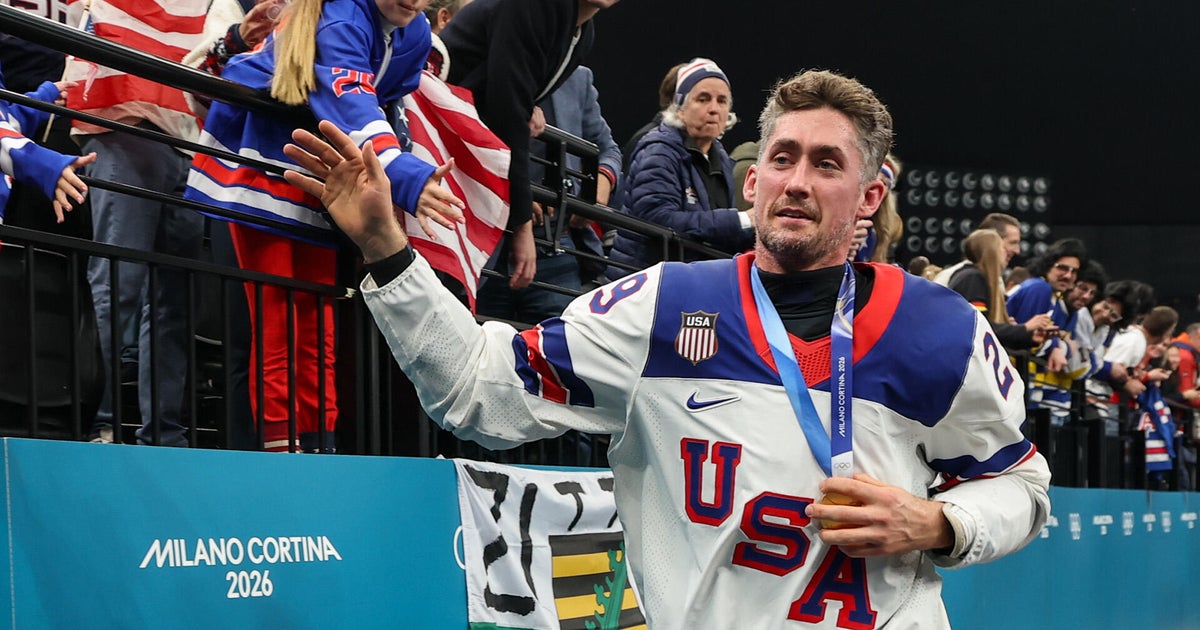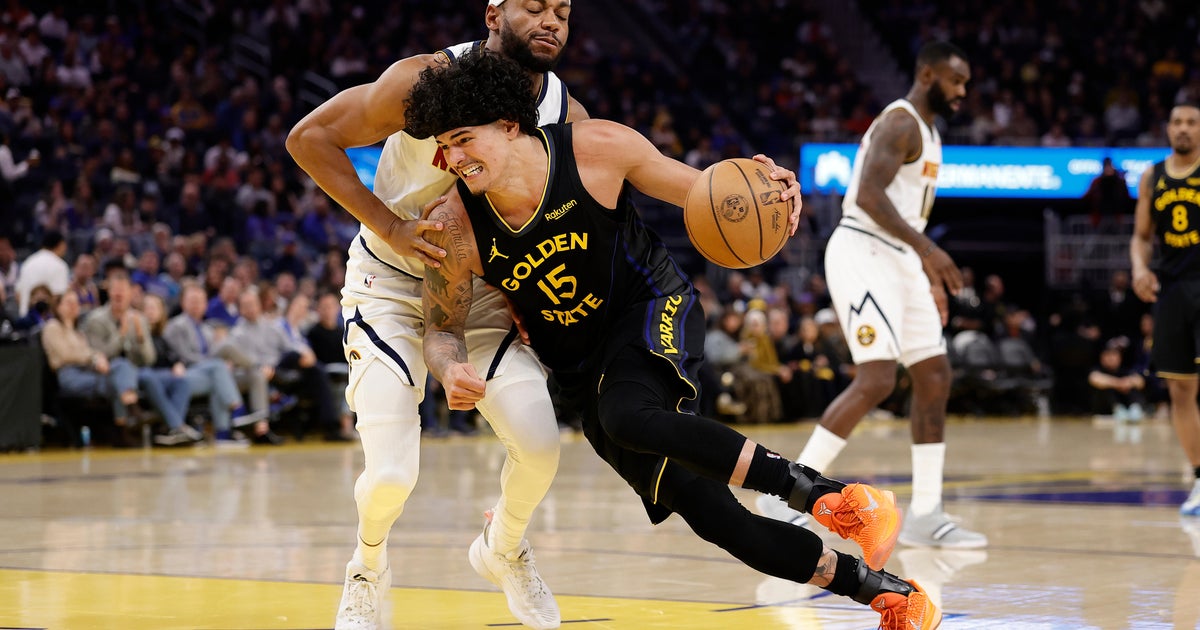Hoge: Urlacher Proves The NFL's Concussion Message Is Worthless
By Adam Hoge-
HALAS HALL (CBS) Whether the NFL's efforts to properly educate its players and the world about head injuries is sincere, it doesn't really matter.
The only way for football players to avoid serious damage to their brain is to not play football. You may not believe it, but the players actually know that. Don't expect them to stop playing anytime soon, though.
You can't change the culture overnight. The Bears proved as much Thursday.
Brian Urlacher said he has only suffered one major concussion -- in Denver in 2003. But then he qualified that by saying that's the only time he's been forced to miss playing time because of a head injury -- you know, "a couple plays".
"There are points in every game where you give a hit and you're a little woozy," Urlacher said Thursday, reiterating that he would lie to coaches about suffering a concussion to stay in a game. "Not every game but mostly every game you hit someone and you're like, 'Whoa, that was a good one.'"
And that's a perfect example of the NFL's "message" not reaching the league's players or not mattering to the players. Feeling "woozy" after a hit means your brain just suffered trauma, no matter how minor it may be. Urlacher said it happens in most games and he's played in 179 career games. So what is that? At least 150 blows to the head that left him feeling woozy?
At this point, the concussion diagnosis hardly matters. In the NFL, it just means you can't return to the game you are currently playing in. It's basically a statistic.
Brian Urlacher has 1,758 career tackles, 41.5 sacks, 22 interceptions and just one concussion. He said so himself. Don't worry about all the other hits that left him feeling woozy. Plus, it's the helmet's fault anyway.
"I think the helmets aren't very good," he said. "I wear an old helmet. Lance (Briggs) wears an old helmet. We don't get concussed. We have some pretty big collisions, but we don't get concussed. I think a lot of it has to do with the helmets now and the way they're saying they are better but they must not be because people get more concussions now."
Well, it's sort of the helmet's fault, but only because players use them as weapons. As a protection device, however, the problem is that there isn't a helmet invented or yet to be invented that can stop the rattling inside the brain when a player is hit hard. To his credit, Bears defensive end Israel Idonije acknowledged that.
"Unless you can figure out a way to stop the movement of the brain inside the skull, concussions are going to be a part of the game," Idonije said. "Old helmet, new helmet, it's really the type of contact that is made that is really going to cause a concussion or not."
Idonije thinks players are well informed of the long-term impact of head trauma, but then gave the common "it's a game we play" line to somehow explain why they continually put their brain at risk. But we know why they do it. They love football and they love making a good living for their families.
"It's a fine line as a player," Idonije said when describing what happens when you suffer a head blow. "You have to gauge what has happened and are you able to get (back) in and kind of clear the cobwebs so you can continue to play at a high level or if it's something that is serious, you have to take yourself out of the game. You have to notify the trainers, because at the end of the day, your livelihood is at stake."
In other words, you can deal with the smaller head blows that will still affect you later in life, but the bigger ones that could shorten your playing career are the ones you have to be careful with.
Because ultimately, for the players, it's about staying on the field. Just ask Urlacher, who thinks knee injuries are worse.
"A knee injury can put you out for a season. A concussion, you may miss a game or two. Huge difference," Urlacher said.
And there's the true mindset of an NFL player. They're worried about the amount of games lost, not the amount of years lost off their lives. And again, it's not that they don't realize they are harming themselves, it's that they don't care.
"That's why you got to judge if you don't want to play. Don't want to get concussed? Don't play," Urlacher said. "It's your career, it's your life. You have to make that decision on your own. Some guys have shut it down because of that. And that's just your value of after football, I guess. If I got concussed a lot, I probably wouldn't keep playing."
But Urlacher's lucky. Remember, he and Lance Briggs "don't get concussed." Just one concussion in 13 years as far as the NFL is concerned.
Don't be fooled. The NFL's concussion education is nothing more than a warning label on a pack of cigarettes. It's there so former players will stop suing them. Everyone knows concussions are bad, just like everyone knows smoking is bad. The tobacco companies will warn you so you don't sue them, but they sure as hell won't try to eliminate the culture of smoking.
Don't want to get cancer? Don't smoke.
"Don't want to get concussed? Don't play," Urlacher said.
We all know that's not going to happen. The NFL won't let it.
Adam is the Sports Editor for CBSChicago.com and specializes in coverage of the Bears, White Sox and college sports. He was born and raised in Lincoln Park and attended St. Ignatius College Prep before going off to the University of Wisconsin-Madison where he earned a Journalism degree. Follow him on Twitter @AdamHogeCBS and read more of his columns here.
